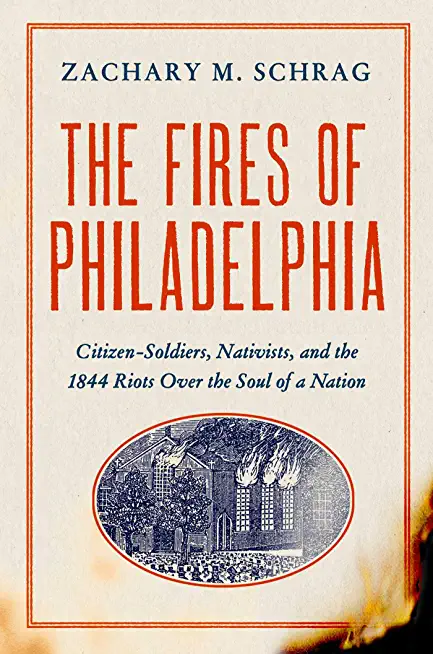
Schrag, Zachary M.
product information
description
3A gripping and masterful account of the moment one of America's founding cities turned on itself, giving the nation a preview of the Civil War to come. America is in a state of deep unrest, grappling with xenophobia, racial, and ethnic tension a national scale that feels singular to our time. But it also echoes the earliest anti-immigrant sentiments of the country. In 1844, Philadelphia was set aflame by a group of Protestant ideologues--avowed nativists--who were seeking social and political power rallied by charisma and fear of the immigrant menace. For these men, it was Irish Catholics they claimed would upend morality and murder their neighbors, steal their jobs, and overturn democracy. The nativists burned Catholic churches, chased and beat people through the streets, and exchanged shots with a militia seeking to reinstate order. In the aftermath, the public debated both the militia's use of force and the actions of the mob. Some of the most prominent nativists continued their rise to political power for a time, even reaching Congress, but they did not attempt to stoke mob violence again. Today, in an America beset by polarization and riven over questions of identity and law enforcement, the 1844 Philadelphia Riots and the circumstances that caused them demand new investigation. At a time many envision America in flames, The Fires of Philadelphia shows us a city--one that embodies the founding of our country--that descended into open warfare and found its way out again.
member goods
No member items were found under this heading.
Return Policy
All sales are final
Shipping
No special shipping considerations available.
Shipping fees determined at checkout.







